|
|
Latest Articles
|

Torrent Description
Political Philosphy MasterClass | Political Thought Process
https://WebToolTip.com Published 8/2025 MP4 | Video: h264, 1280x720 | Audio: AAC, 44.1 KHz, 2 Ch Language: English | Duration: 1h 49m | Size: 1.97 GB Explore the past and future of political philosophy through theories, climate justice, ethics, and governance systems. What you'll learn Analyze how emerging technologies like AI and data governance are reshaping political power structures and public discourse in the modern era. Evaluate the global ethical implications of climate change on political justice, sovereignty, and transnational cooperation. Interpret contemporary political challenges through the lens of biopolitics and genetic inequality in a post-human society. Discuss the philosophical implications of digital identities, virtual communities, and decentralized governance systems. Understand how populism, misinformation, and institutional erosion are triggering cratic backsliding in developed and developing nations alike. Critically reflect on multiculturalism and identity politics in increasingly global yet fragmented societies. Reimagine future political systems that prioritize planetary ethics, regenerative governance, and human dignity. Apply political philosophy tools to real-world case studies involving climate policy, tech regulation, and global inequality. Requirements Students should have a working grasp of foundational thinkers such as Plato, Hobbes, Locke, and Marx to fully appreciate advanced debates. Exposure to theories like eco-Marxism, degrowth, or planetary boundaries will enhance comprehension of the climate-politics interface. Basic proficiency in digital governance concepts, including algorithmic bias, surveillance capitalism, and techno-authoritarianism. Students are expected to produce or evaluate arguments involving abstract reasoning, normative principles, and ideological critique. Engagement with thinkers like Foucault, Haraway, or Latour is encouraged to challenge traditional notions of sovereignty and agency. The course explores political issues through a multi-disciplinary lens, requiring intellectual agility and conceptual integration. Readings may include excerpts from primary philosophical texts and complex contemporary analyses that assume theoretical maturity. Students should be ready to question personal assumptions, engage respectfully with diverse perspectives, and synthesize competing viewpoints. 
Related Torrents
|
|||||||||||||||||||||||||||||||||||||||||||||||||||||||||||||||||||||||||
Home - Browse Torrents
ExtraTorrent.st is in compliance with copyrights
2025 ExtraTorrent.st







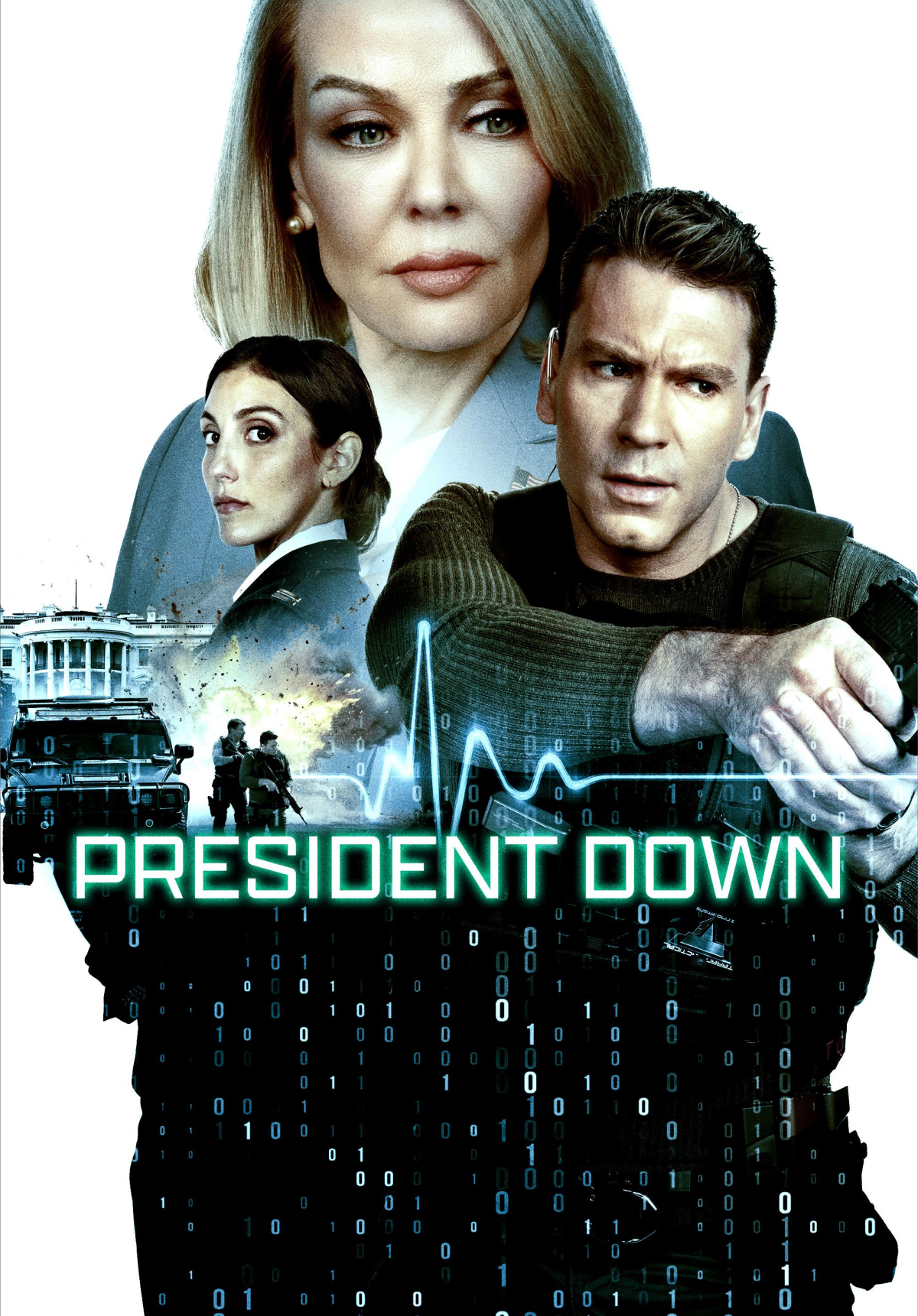
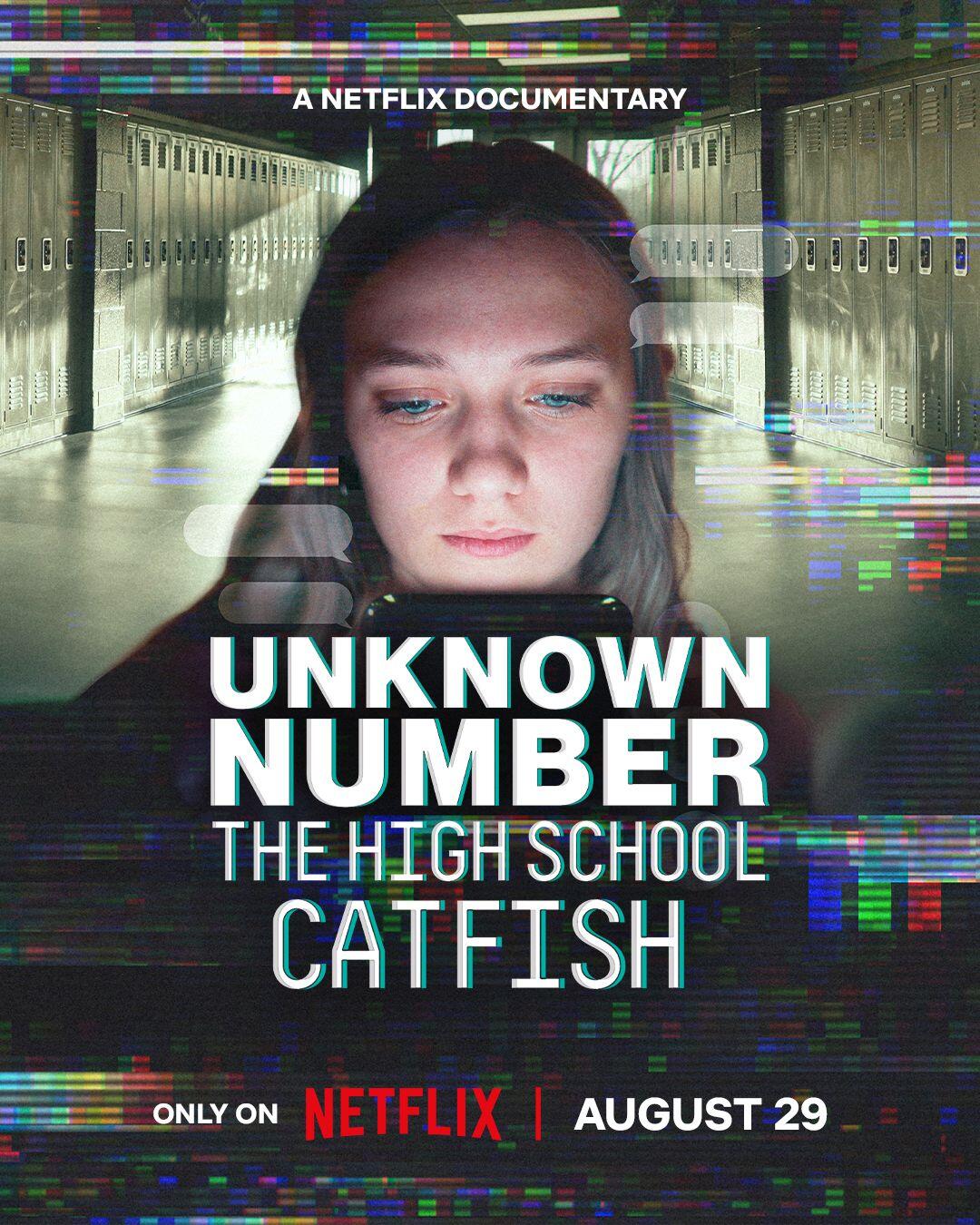


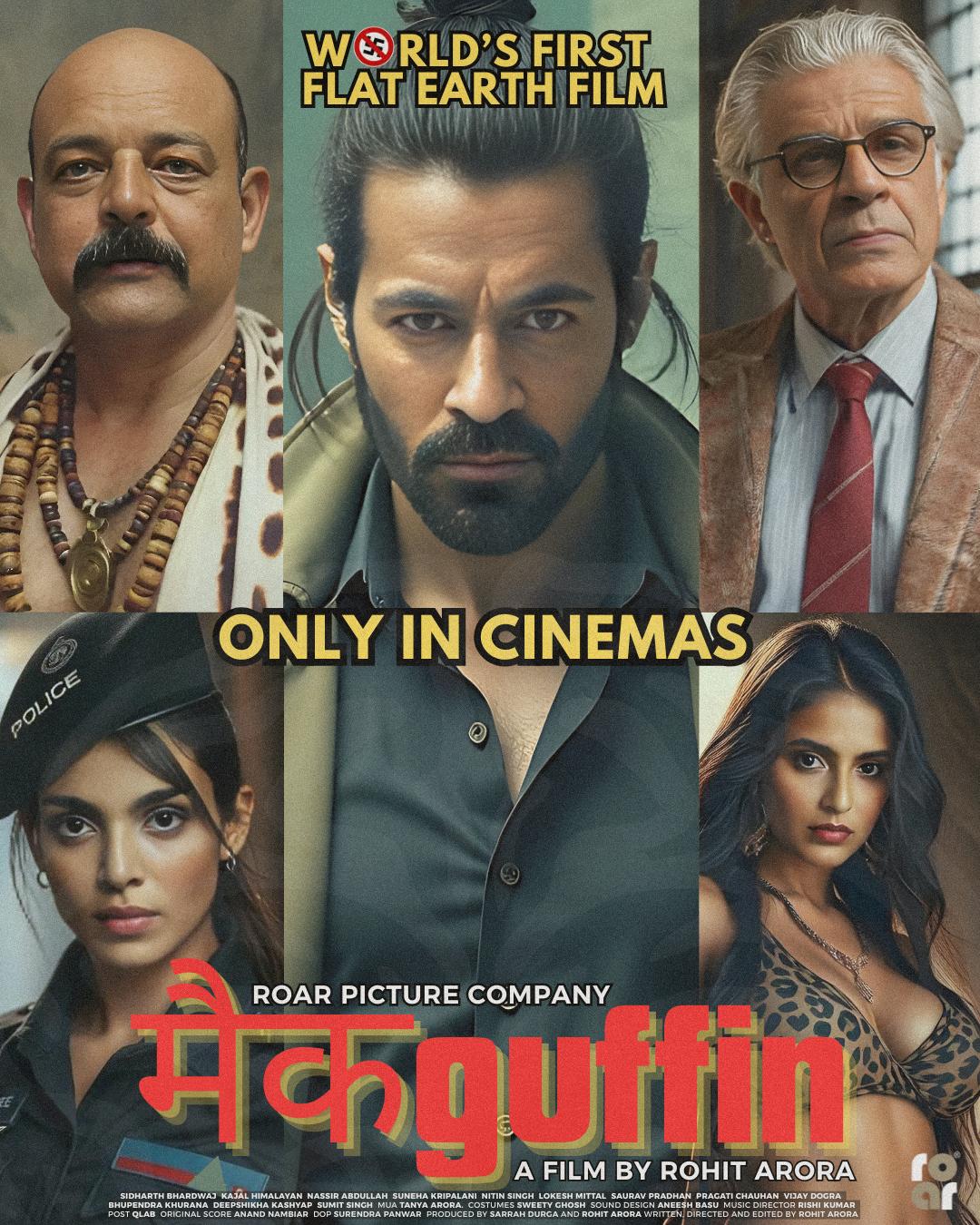
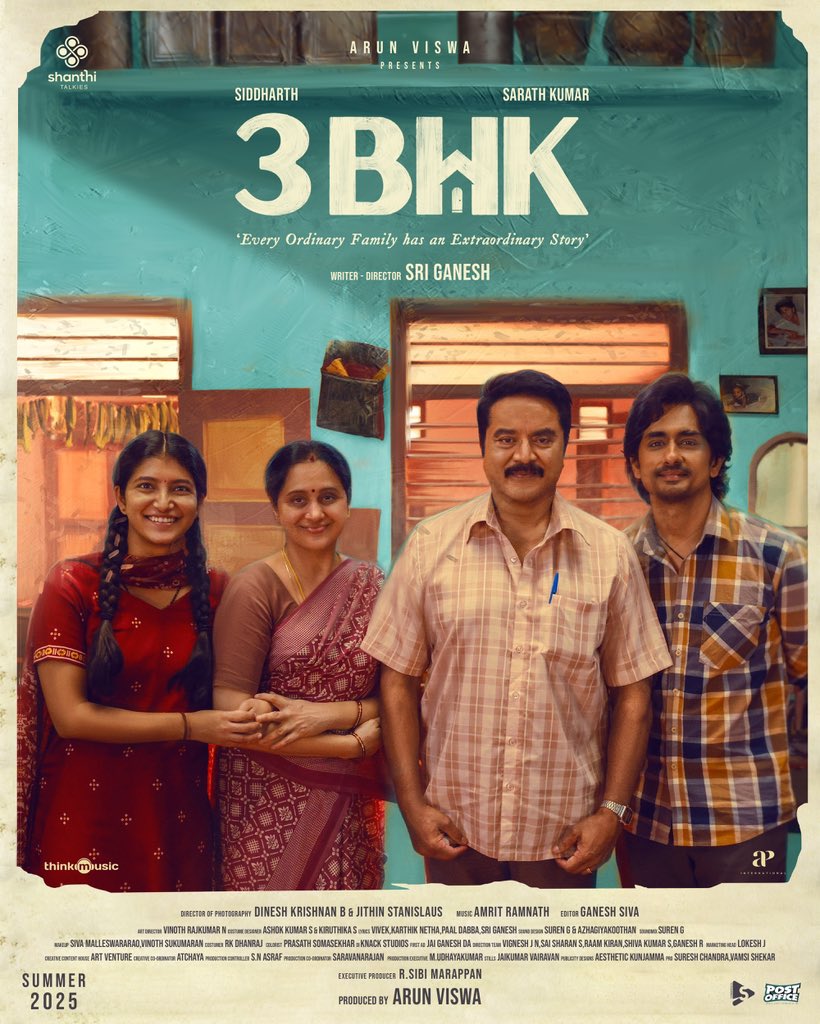
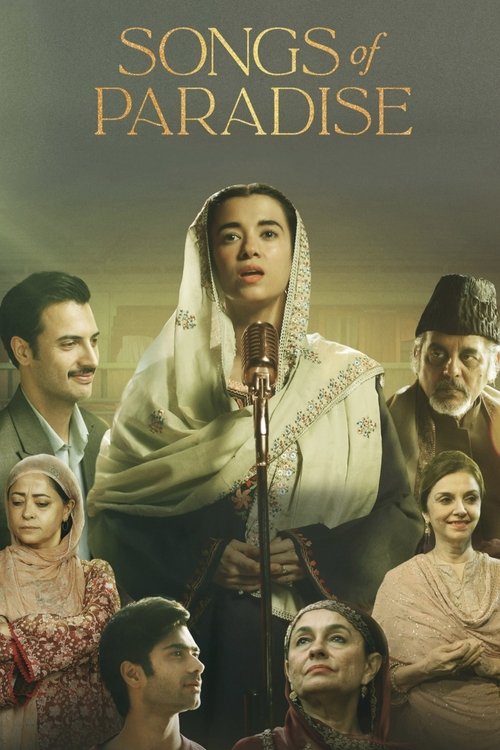





 English
English